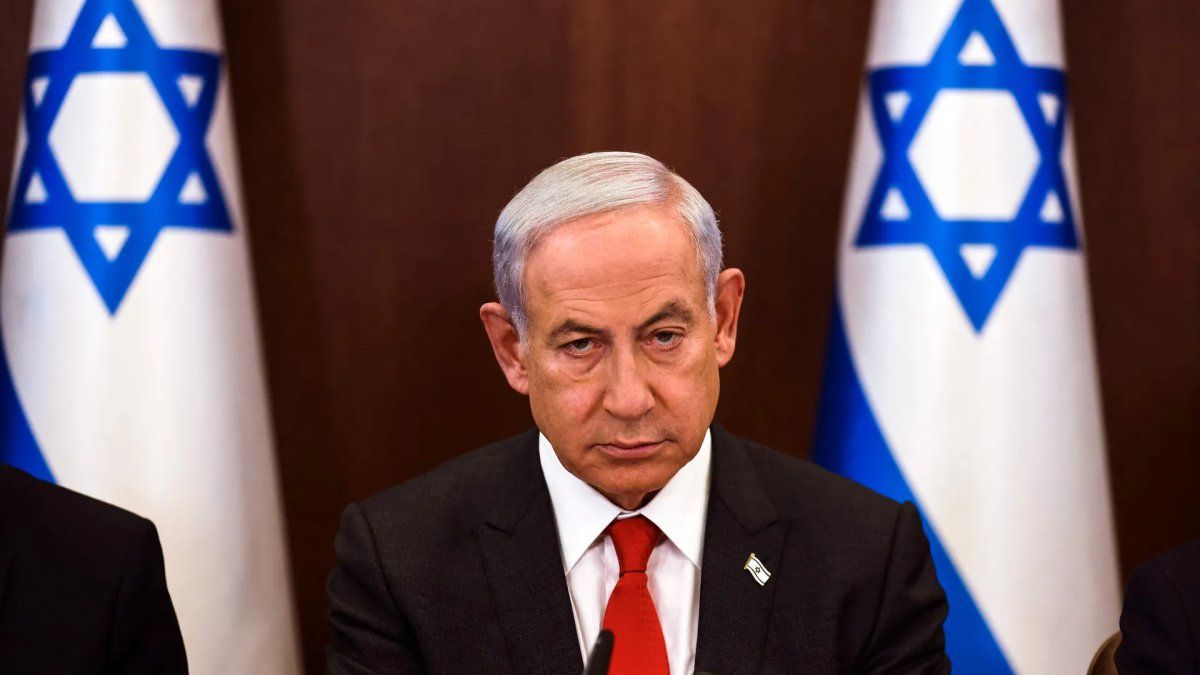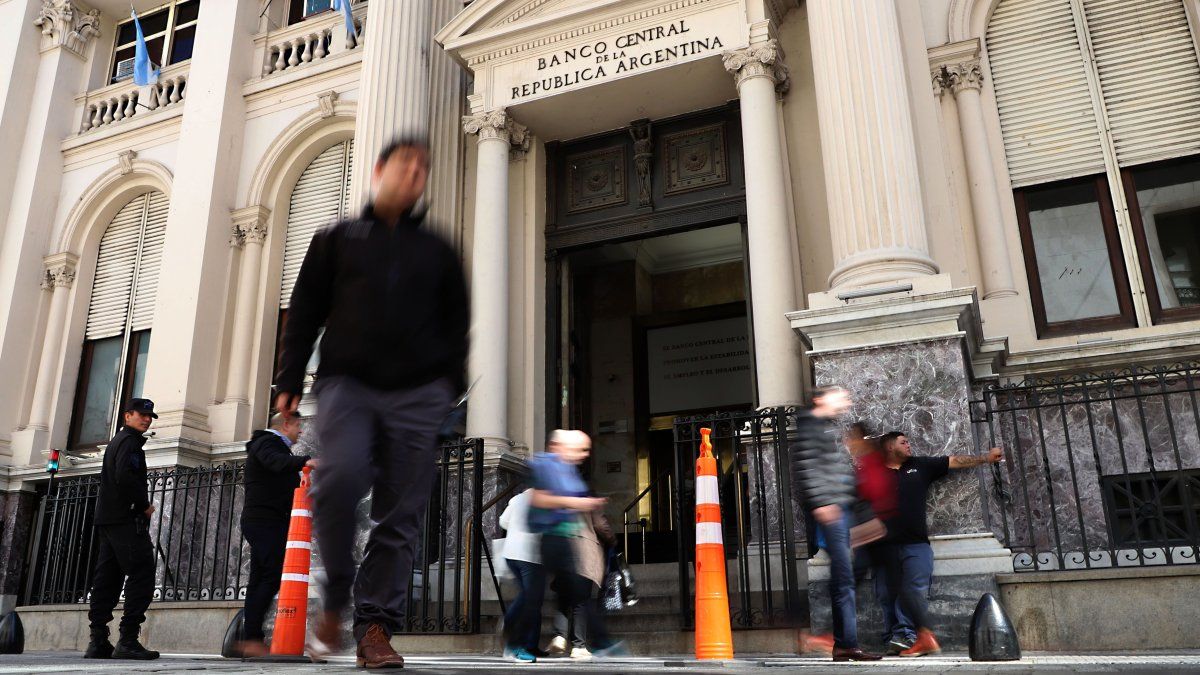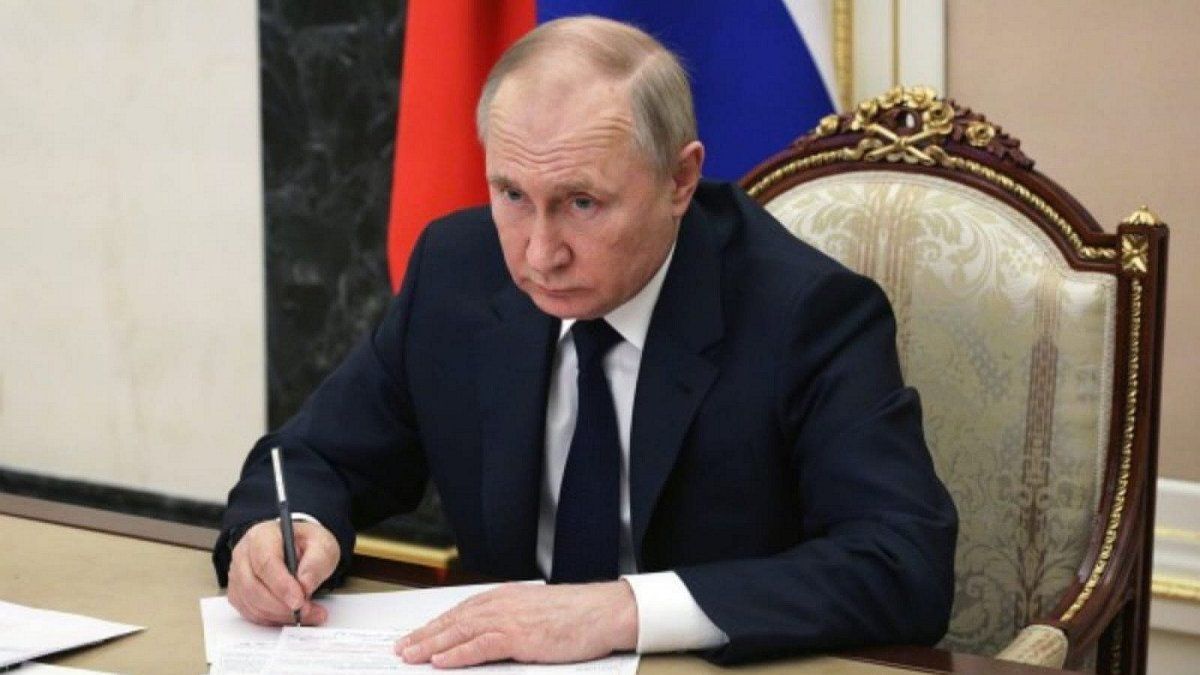Israel prepares for a new military offensive with the aim of taking the two bastions that still remain under the control of Hamas in the Gaza Strip: the city of Gaza and the fields of the center of the enclave. The Prime Minister Benjamin Netanyahu He affirmed that the operation, approved on Friday, will be “fast” and that it represents “The best way to end the war.”
In a press conference with foreign media in Jerusalem, the Israeli president said that Israel “has no choice” to complete the mission, due to the refusal of the Islamist group to depose weapons. Hamas reiterated that it will not be disassembled as long as an independent Palestinian state is not established.
Netanyahu said that the plan contemplates the creation of safe areas to evacuate the civilian population and the distribution of humanitarian aid coordinated with the United States. “We want to put an end to war as soon as possible. First disarm Hamas, then free all hostages, demilitarize Gaza, maintain Israeli security control and, finally, allow a non -Israeli Pacific Civil Administration,” he summarized.
The Israeli leader stressed that the “does not seek to occupy Gaza”, but guarantee that the enclave does not represent a threat again. “We are going to win the war with or without the support of others,” he warned. According to its data, Israel currently controls between 70% and 75% of the Gazatí territory.
Gaza.jpg stripe attacks
The war began in 2023 and more than 60,000 victims was already charged
International rejection and internal criticism
The announcement of the new military advance caused adverse reactions inside and outside Israel. Spain and seven other European countries condemned the initiative, warning that it could cause “an unacceptably high figure of victims” and put the life of hostages at risk.
In Israel, the families of the 49 hostages still retained by Hamas expressed their fear that the operation endangers the lives of their loved ones. “The cabinet decided the fate of the hostages: the living will be killed and the dead will disappear forever,” said Einav Zangauker, mother of one of them and a reference of the mobilization. Some families even called a general strike next Sunday.
Saturday night, Tens of thousands of people demonstrated in Tel Aviv demanding an agreement that guarantees the return of all captivesincluding the bodies of 27 of them that the army takes for death, in exchange for the end of hostilities.
From the ultra -right of the government, criticisms focused on the alleged lack of ambition of the plan. The Minister of Finance, Bezalel Smotrich, accused Netanyahu of having “surrendered to the weak”, while the Minister of National Security, Itamar Ben-Gvir, requested the “transfer” of the population of Gaza and his “colonization.”
The opposition leader Yair Lapid described the initiative as “a catastrophe” and denounced that he will imply mobilizing 430,000 reservists, which, in his opinion, “will dismantle the country from within.”
Military and humanitarian scenario
In New York, The UN Security Council held an urgent meeting on the conflict. A senior official warned that the Israeli offensive “probably will trigger another calamity” in a territory where more than two million Palestinians face the risk of “generalized famine.”
Gaza’s civil defense reported that 27 people died on Sunday, including 11 that awaited in a row to receive food. According to data from the Ministry of Health of Gaza – governd the Hamas and considered reliable by the UN – the offensive Israelí has caused until now 61,430 dead, mostly civilians.
The war began on October 7, 2023, after Hamas’s attack in Israeli territory, which left 1,219 deadmostly civilians, and the kidnapping of hundreds of people. Of these, 49 are still captive, according to official figures.
On the military, analyst Doron Kadosh pointed to the Army radio that the offensive may not begin until October, since “the ball is on the side of the mediators”, whose last attempt in agreement failed in July. Until then, the future of hostages, international pressure and humanitarian impact will continue to mark the agenda of a conflict that has been 22 months and that, far from appeasing, could be at the gates of their most critical chapter.
Source: Ambito




